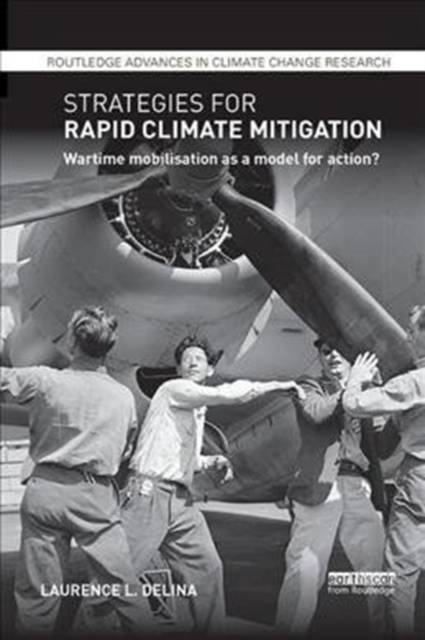
- Retrait gratuit dans votre magasin Club
- 7.000.000 titres dans notre catalogue
- Payer en toute sécurité
- Toujours un magasin près de chez vous
- Retrait gratuit dans votre magasin Club
- 7.000.000 titres dans notre catalogue
- Payer en toute sécurité
- Toujours un magasin près de chez vous
Description
To keep the global average temperature from rising further than 2°C, emissions must peak soon and then fall steeply. This book examines how such rapid mitigation can proceed - in the scale and speed required for effective climate action - using an analogy provided by the mobilisation for a war that encompassed nations, the Second World War.
Strategies for Rapid Climate Mitigation examines the wartime-climate analogy by drawing lessons from wartime mobilisations to develop contingency plans for a scenario where governments implement stringent mitigation programs as an 'insurance policy' where we pay for future benefits. Readers are provided a picture of how these programs could look, how they would work, what could trigger them, and the challenges in execution. The book analyses in detail one plausible approach to a crucial issue - an approach built upon knowledge of climate science and on proven and demonstrated mitigation measures. The book is meshed with a social and political analysis that draws upon narratives of mobilisations during the war to meet a transnational threat, while also addressing the shortcomings of the analogy and its strategies.
The book will be of great interest to scholars, students, and practitioners of public policy, climate policy, energy policy, international relations, and strategic studies.
Spécifications
Parties prenantes
- Auteur(s) :
- Editeur:
Contenu
- Nombre de pages :
- 208
- Langue:
- Anglais
- Collection :
Caractéristiques
- EAN:
- 9780815364542
- Date de parution :
- 03-01-18
- Format:
- Livre broché
- Format numérique:
- Trade paperback (VS)
- Dimensions :
- 156 mm x 233 mm
- Poids :
- 452 g







